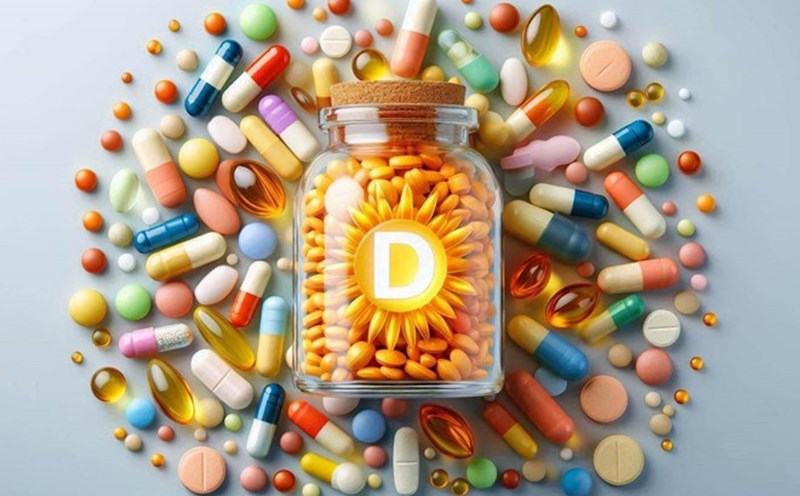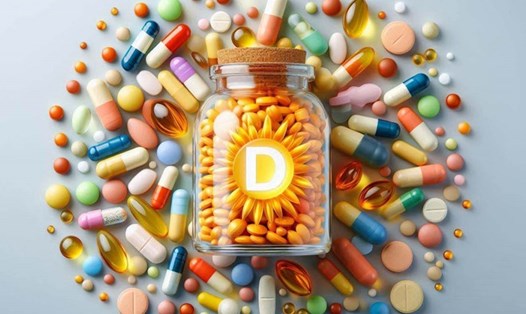Dr. Sneha Rajiv, obstetrician and gynecologist at Manipal Hospital, Bengaluru (India) - said that the link between vitamin D and depression in women has been a matter of much research in recent years.
Vitamin D is an important vitamin for bone health and the immune system, but there is growing evidence that it also plays a role in mental health, including preventing and aiding in the treatment of depression, especially in women.
Vitamin D is a neuroactive steroid. It is essential for the expression and regulation of brain 5-HT, DA, and NE receptors. It is also involved in important brain functions such as antioxidant production, neuroimmune regulation, and the production of several other neurotrophic factors.
Vitamin D is also known to stimulate the release of happy hormones such as serotonin and dopamine. Low vitamin D levels can interfere with or inhibit these neurological functions, reducing the brain's release of serotonin and dopamine and thus exacerbating depressive symptoms.
Here are some key points about this connection:
Vitamin D deficiency and depression
Vitamin D deficiency may increase the risk of depression: For women, who are more susceptible to vitamin D deficiency due to factors such as diet, lifestyle, lack of exposure to sunlight, or hormonal changes (such as during pregnancy or menopause), may be more susceptible to depression.
Nervous system and vitamin D: Vitamin D affects brain and nervous system function, helping to regulate brain chemicals such as serotonin, a neurotransmitter that plays an important role in mood regulation. Vitamin D deficiency can reduce serotonin levels, which can lead to feelings of sadness, fatigue, and decreased motivation.
Women are more susceptible to vitamin D deficiency than men
Women are at higher risk of vitamin D deficiency due to factors such as physiology (e.g., during pregnancy and breastfeeding), lifestyle (low exposure to sunlight or wearing clothing that covers the body), and hormonal changes during periods such as menopause. When vitamin D levels are low, women may have difficulty maintaining mental health.
The impact of vitamin D on postpartum depression
Postpartum depression is a common form of depression in women who have just given birth. Vitamin D deficiency may increase the risk of postpartum depression. Therefore, vitamin D supplementation during pregnancy and after giving birth may help reduce the risk of postpartum depression.









